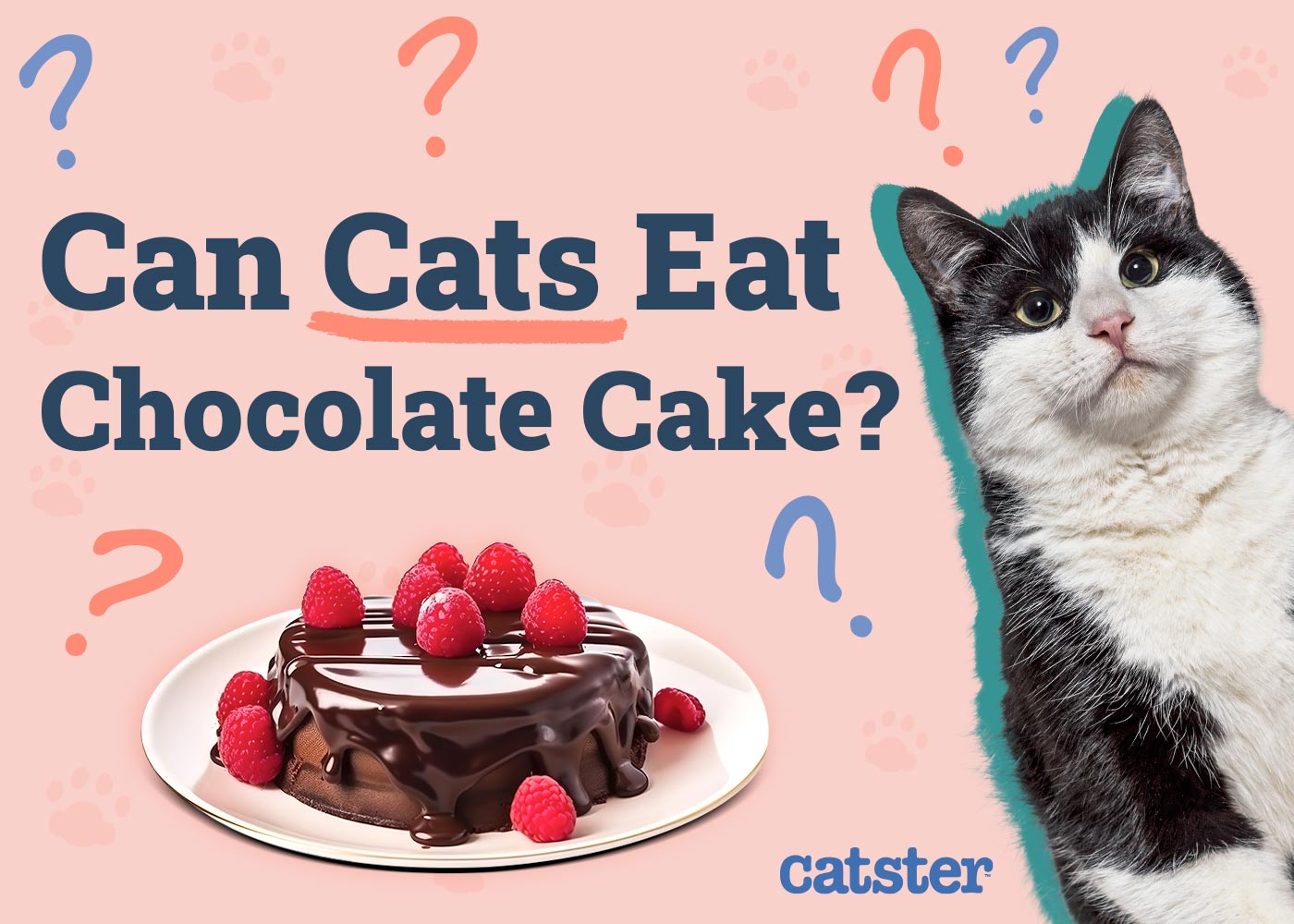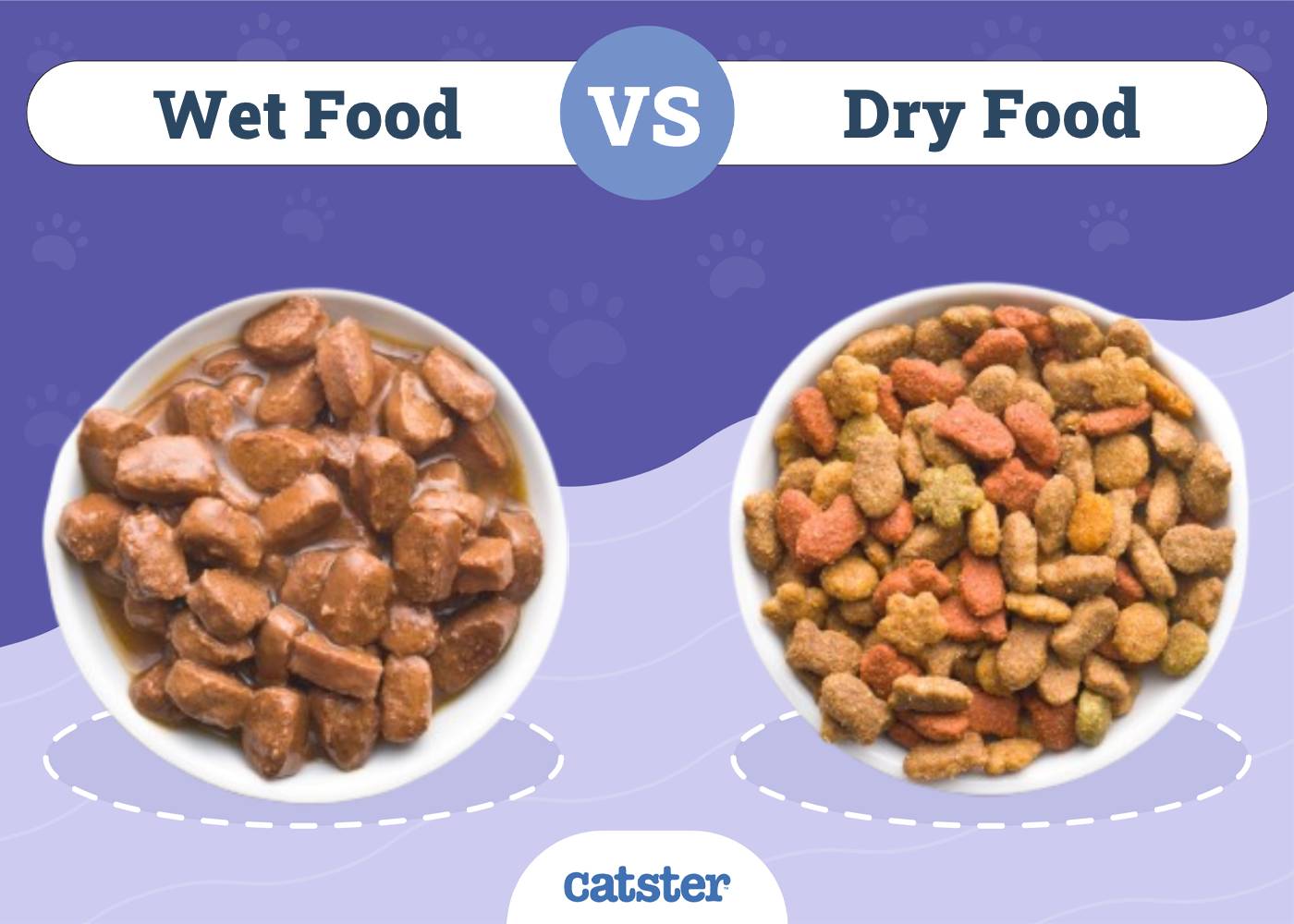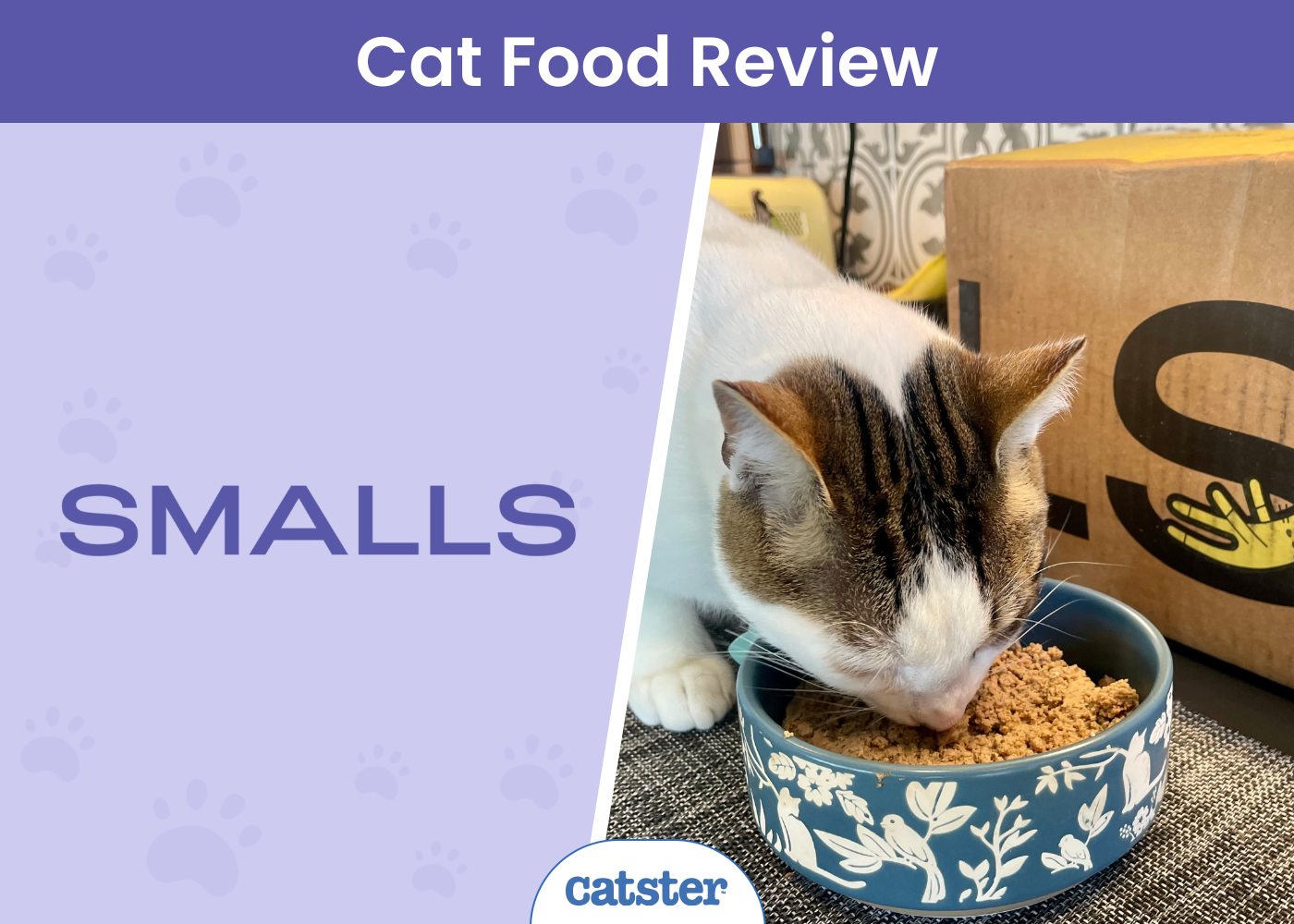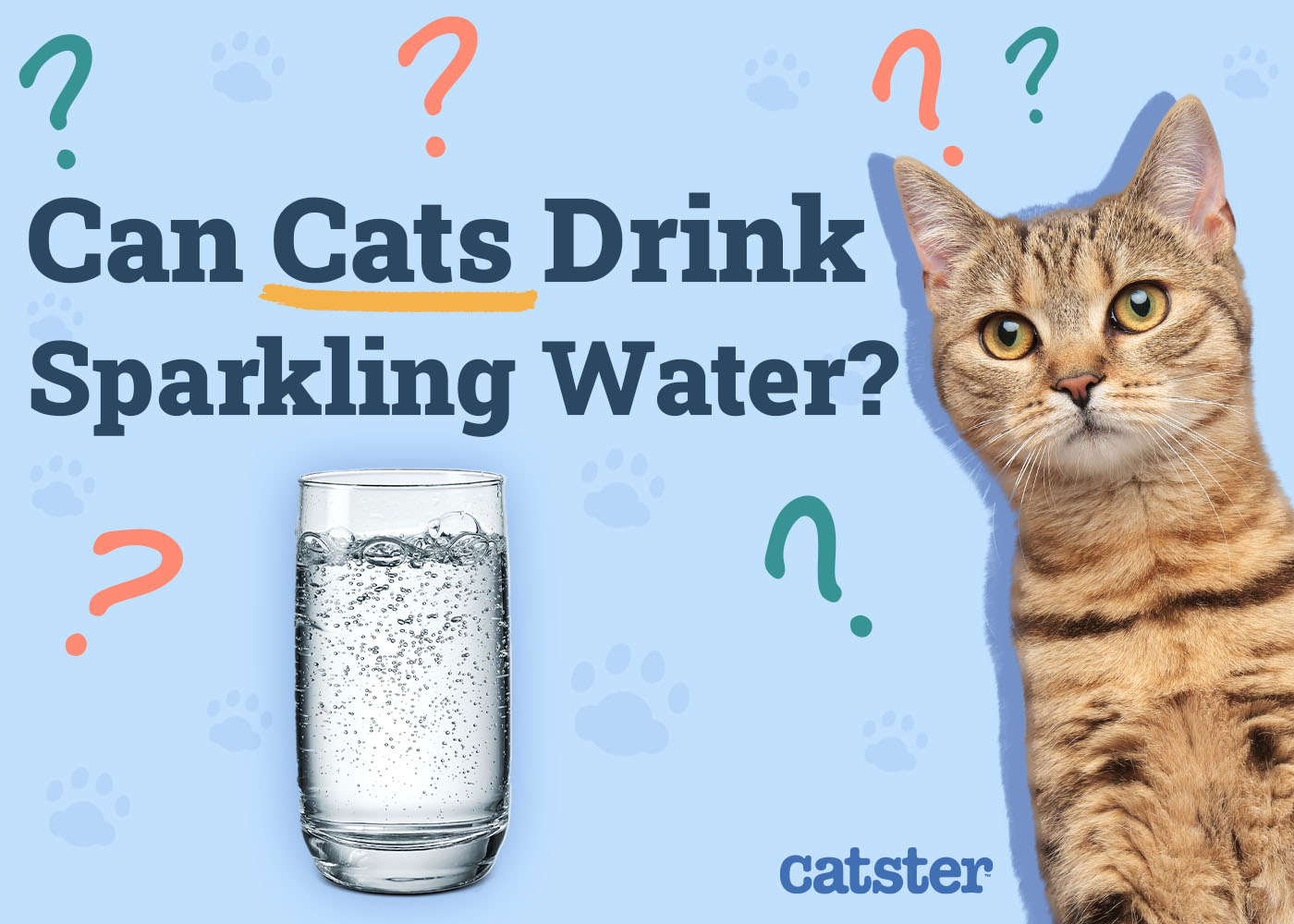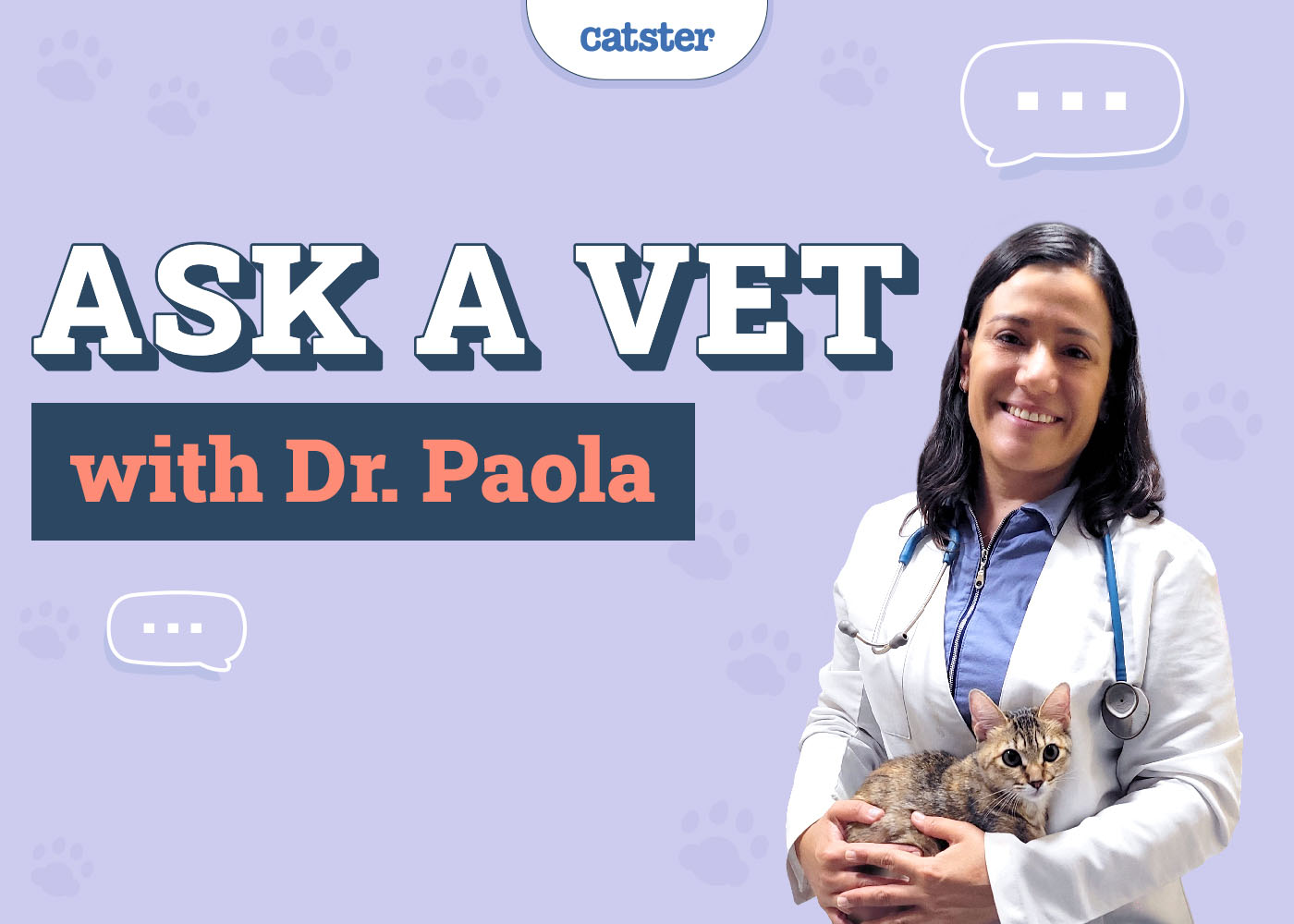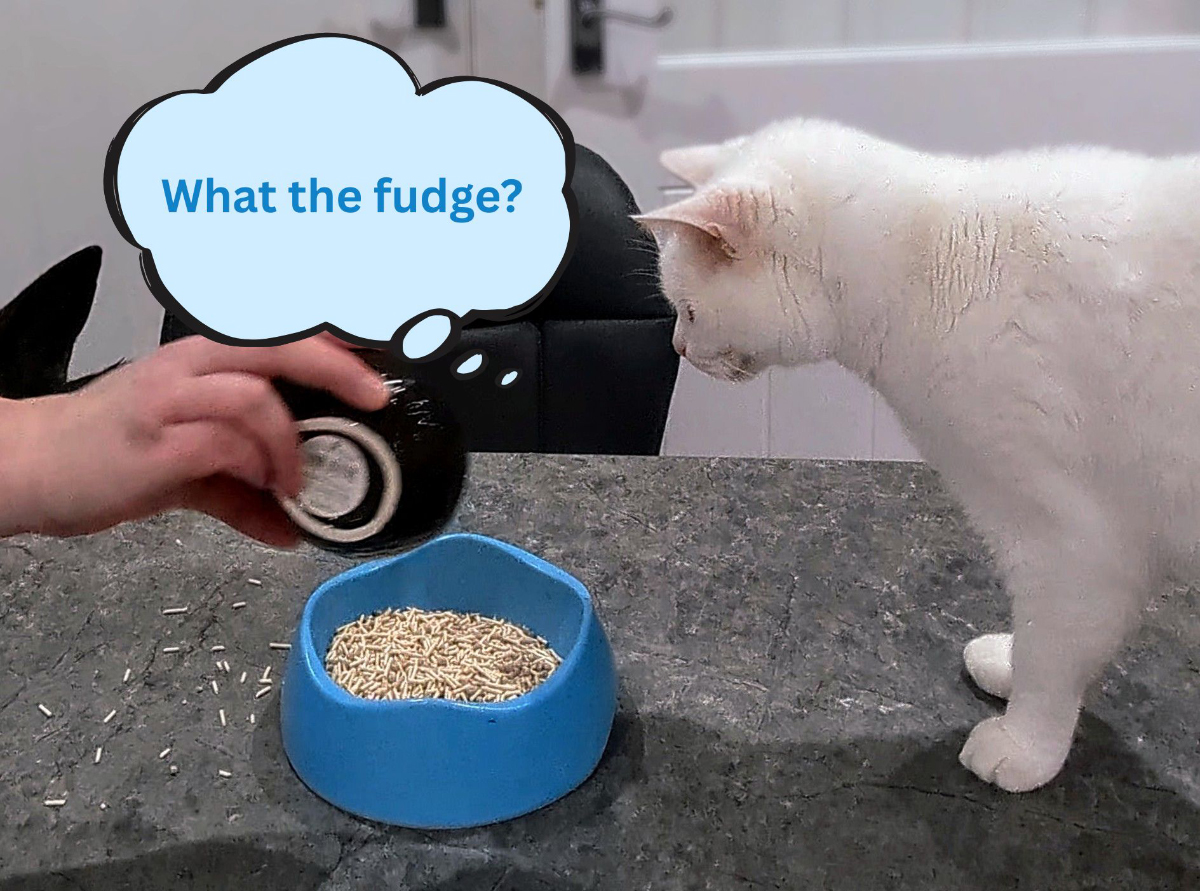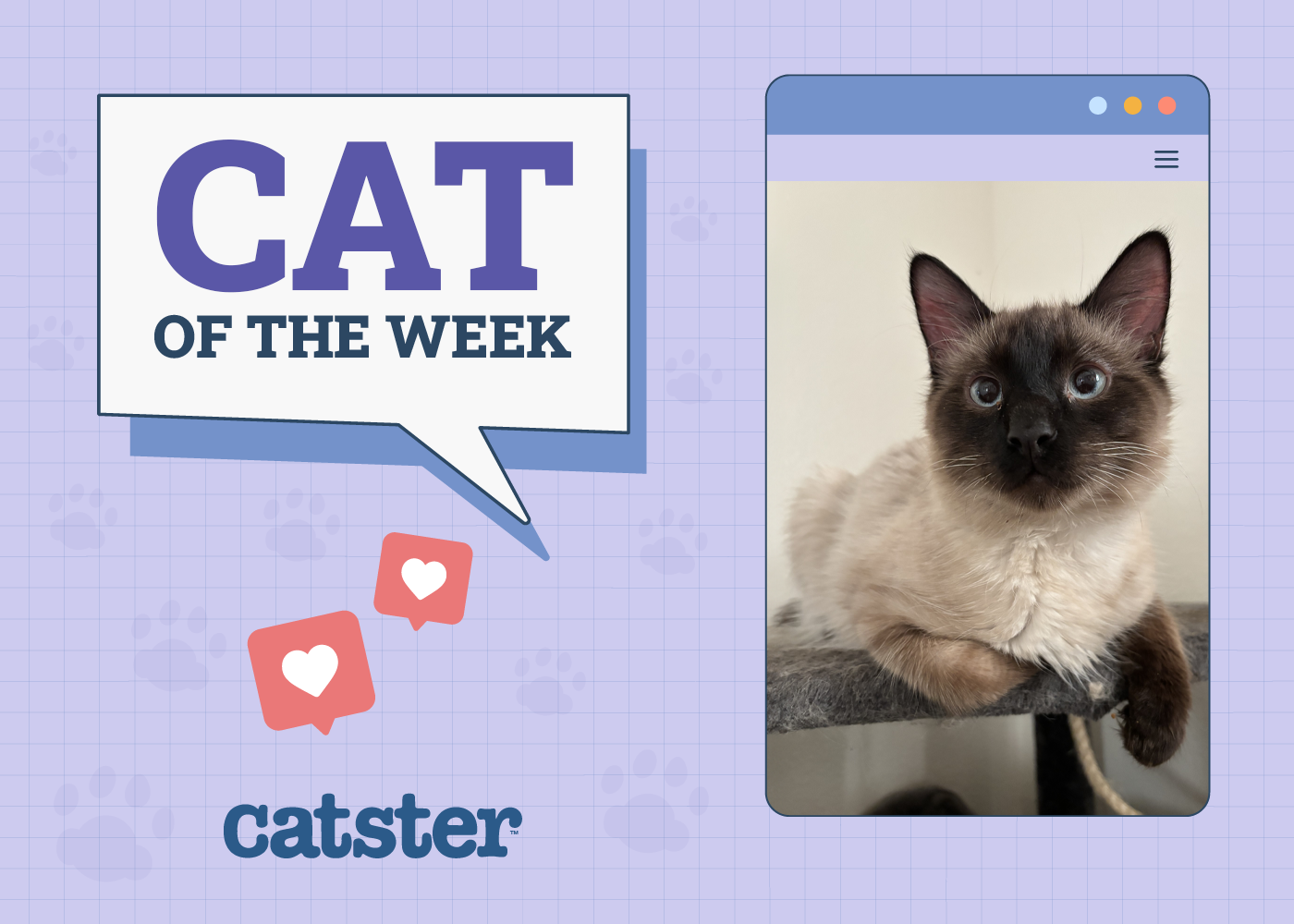Click to Skip Ahead
The all-time favorite snack of most people, chocolate is an incredibly delicious treat made from cocoa beans. It is used in the food industry worldwide for making various specialties in the form of sweet desserts. If you are a pet parent who occasionally enjoys a chocolate dessert such as chocolate cake, you probably notice your cat asking you for a small bite. While you might be tempted to give your cat a bite of that delicious chocolate cake, you should learn what ingredients make up this dessert beforehand.
Chocolate, and therefore chocolate cake, contains some toxic compounds that can seriously harm your cat, such as caffeine and theobromine. Read more in the article below to learn how chocolate cake is an unhealthy and potentially toxic treat for your cat.

What is Chocolate Made Of?
Chocolate is one of the world’s most popular treats, used in many sweet desserts we make. From cakes, cookies, ice creams, and even coffee, chocolate dominates the world of desserts and will always stay an all-time favorite sweet snack.
We understand that most chocolate comes with high amounts of sugar, but what other contents does chocolate carry? Chocolate is made mainly of dried and fermented cocoa beans, cocoa butter, sugar, and sometimes milk. Depending on the type of chocolate, it can be unhealthy or beneficial for consumption. However, most chocolate bars contain high amounts of sweeteners, while unsweetened chocolate with a high amount of cocoa is considered healthier for people but not as delicious. Below we will include the nutritional values of both dark and milk chocolate.
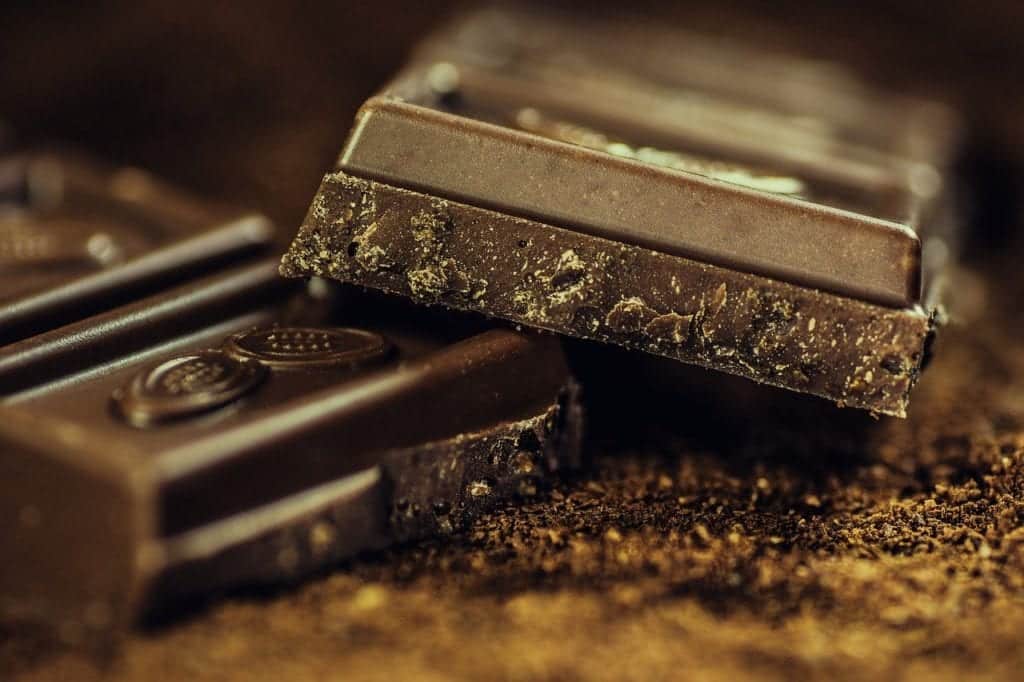
Nutritional Value of Dark Chocolate per 100 g:
| Energy: | 546 kcal / 2280 kJ |
| Total fat: | 31.3 g |
| Carbohydrate: | 61.2 g |
| Sugars: | 47.9 g |
| Calcium: | 56 mg |
| Iron: | 8 mg |
| Magnesium: | 146 mg |
| Caffeine: | 43 mg |
| Theobromine: | 493 mg |
Nutritional Value of Milk Chocolate per 100 g:
| Energy: | 535 kcal / 2240 kJ |
| Total fat: | 29.7 g |
| Carbohydrate: | 59.4 g |
| Sugars: | 51.5 g |
| Calcium: | 189 mg |
| Iron: | 2.35 mg |
| Magnesium: | 63 mg |
| Caffeine: | 20 mg |
| Theobromine: | 205 mg |

Can Cats Eat Chocolate Cake?
Since the main ingredient of chocolate cake is the chocolate itself, eating chocolate cake can be extremely unhealthy and even toxic for our cats. As we can see by the nutrition values above, every type of chocolate contains a certain amount of caffeine and theobromine1. Compounds like these are alkaloids called methylxanthines, which can also be found in high amounts in coffee and tea. The more cocoa chocolate contains, the higher the concentration of these two compounds.
When feeding chocolate to cats, the most dangerous chocolate type is dark chocolate. Chocolate is also unhealthy because of the sugar and fat content it has, and chocolate cake might contain even more added sugar.
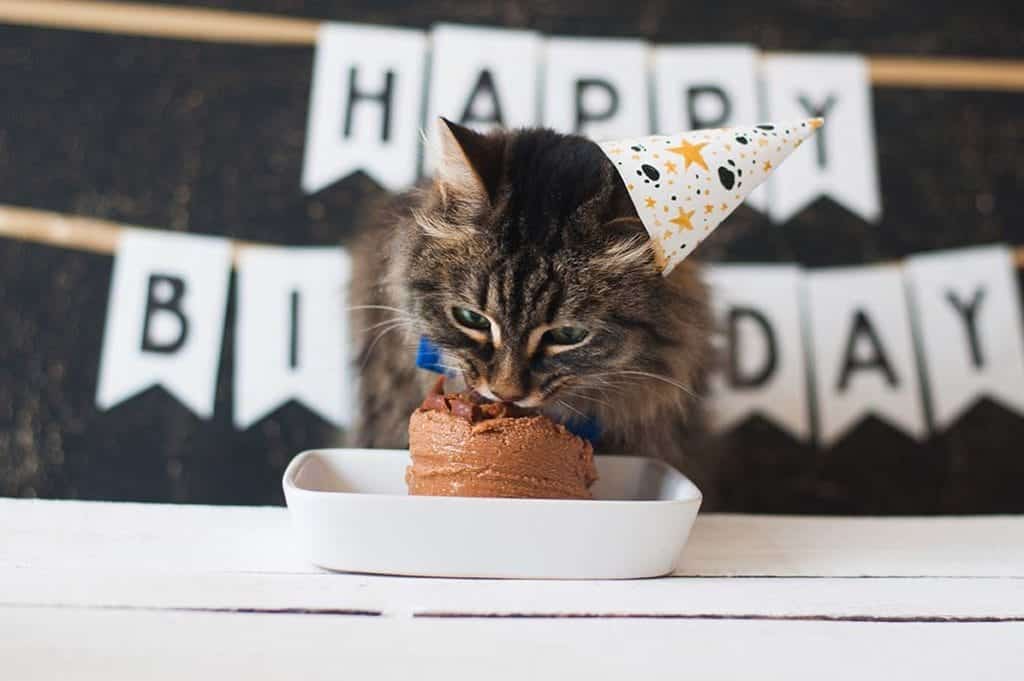
Signs of Chocolate Poisoning in Cats
If you suspect your cat has accidentally eaten some chocolate or chocolate cake, you need to look out for any abnormal behavior or signs of possible toxicity. The signs of chocolate poisoning will occur anywhere between 6 and 12 hours of ingestion. Some severe cases of toxicity can last up to 3 days.
- Diarrhea
- Vomiting
- Restlessness
- Rapid breathing
- Increased thirst
- Lower appetite
- Increased heart rate
- Muscle tremors
- Seizures
The severity of the symptoms will vary depending on the amount of chocolate your cat has ingested and your cat’s body weight. If the following persist, your cat might need immediate medical attention. Keep treats or sweets away where your pets can never reach them to ensure this never happens.
Seek veterinary advice if you’re concerned about your pet’s well-being.
If you need to speak with a vet but can't get to one, head over to PangoVet. It's an online service where you can talk to a vet online and get the advice you need for your pet — all at an affordable price!

Final Thoughts
Chocolate is an incredibly toxic food for cats and other pets. Since we do everything we can to keep our lovely furry companions safe and healthy, avoiding chocolate will be wise. Because of the toxic compounds in chocolate, treats and foods made with chocolate can be extremely harmful and even toxic for cats, such as chocolate cake pudding or cookies. Besides the toxic compounds, chocolate cake also has high fat and sugar, which are unhealthy for our pets and should never be a part of their diet.
See also:
- Can Cats Eat Pancakes? Nutrition & Health Advice
- Can Cats Eat Cheesecake? Vet-Reviewed Nutritional Facts
Featured Image Credit: Pixabay

